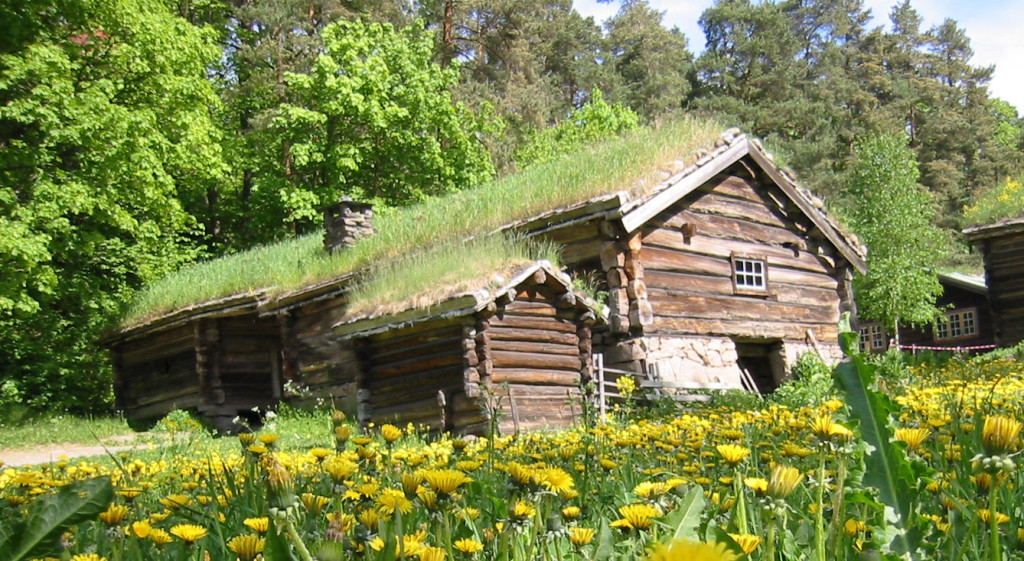Retreating From Activity To Progress
 Every day is a meeting-to-meeting sprint with no time for some of the favorite fundamentals like the bathroom and food. Though crazy, it’s the norm and no longer considered crazy. But it is crazy. When you’re too busy to answer emails that’s one thing, but when you’re too busy to realize answering email isn’t progress, that’s a problem.
Every day is a meeting-to-meeting sprint with no time for some of the favorite fundamentals like the bathroom and food. Though crazy, it’s the norm and no longer considered crazy. But it is crazy. When you’re too busy to answer emails that’s one thing, but when you’re too busy to realize answering email isn’t progress, that’s a problem.
Our in-boxes are full; our plates are full; our calendars are full. But our souls are empty.
You’re clear on what must get done over the next 48 hours, but the pace is too fast to know why the work is important in the first place. (One of the fastest way to complete a task is to deem it unimportant and don’t do it – all of the done with none of the work.) But it’s worse. It’s too fast to do the work no one is asking you to do, and it’s too fast to do the work you were born to do.
We have confused activity with progress; and with all the activity, we’ve forgotten what it feels like to think. We need a retreat.
The perfect retreat eliminates distractions and gives people time to think. After a nice Sunday flight into Boston, it’s a calm two hour coach ride to rural New Hampshire. (Done right, a coach is soothing.) After pickup it’s a fifteen minute drive to a remote trail head. With a pack on your back, it’s a five minute walk to a big, remote cabin. No cell service, no power, no interruptions.
As you enter the cabin, you unload all your electronics into bin (Yes, your smart phone goes in the bin.) which is locked away for the remainder of the retreat. You race to get the best bunk, drop your gear, and share a meal with your fellow over achievers. (Y es, the non-disclosures are signed so you can actually talk to each other.)
The first day is all about recognizing the discomfort that comes with no distractions and your natural tendency to create distraction to sooth your discomfort. The objective is to help you remember what if feels like to have more than 30 seconds of uninterrupted time. Then, once you remember, it’s time to actually think.
There are no video conferencing capabilities (or electricity) in the cabin, so all work is done the old-fashioned way – face-to-face. The objective is to help you remember the depth, complexity, and meaning that come when working with actual faces. Yes, there’s good facilitated discussion, but the topics aren’t as important as remembering how to share and trust.
There is ritualistic work of cooking, cleaning, splitting the wood, and stoking the fire. The objective is to remember what it feels like to connect the mind to the body and to connect with others. And, there’s a group hike every day to remember what it feels like to be grounded in the natural world. (Sometimes we forget the business world is actually part of the natural world.)
After the rituals and hikes have done their magic, the right discussions start to emerge, and deep contemplation dances with deep conversation. Though there’s a formal agenda, no matter. With the group’s awaking, the right agenda emerges.
At the end of the retreat, there’s immense sadness. This is a sign of importance and deep learning. And after the hugs and tears, there’s a spontaneous commitment to do it next year. With eyes dried, it’s off the bus station and then to the airport.
You don’t have to wait for the perfect retreat to start your journey. Start your practice by carving out an hour a day and set a recurring meeting with yourself and turn off your email. And start by asking yourself why. Those two tricks will set you on your way.
And if you’re interested in a real retreat, let me know.
 Mike Shipulski
Mike Shipulski